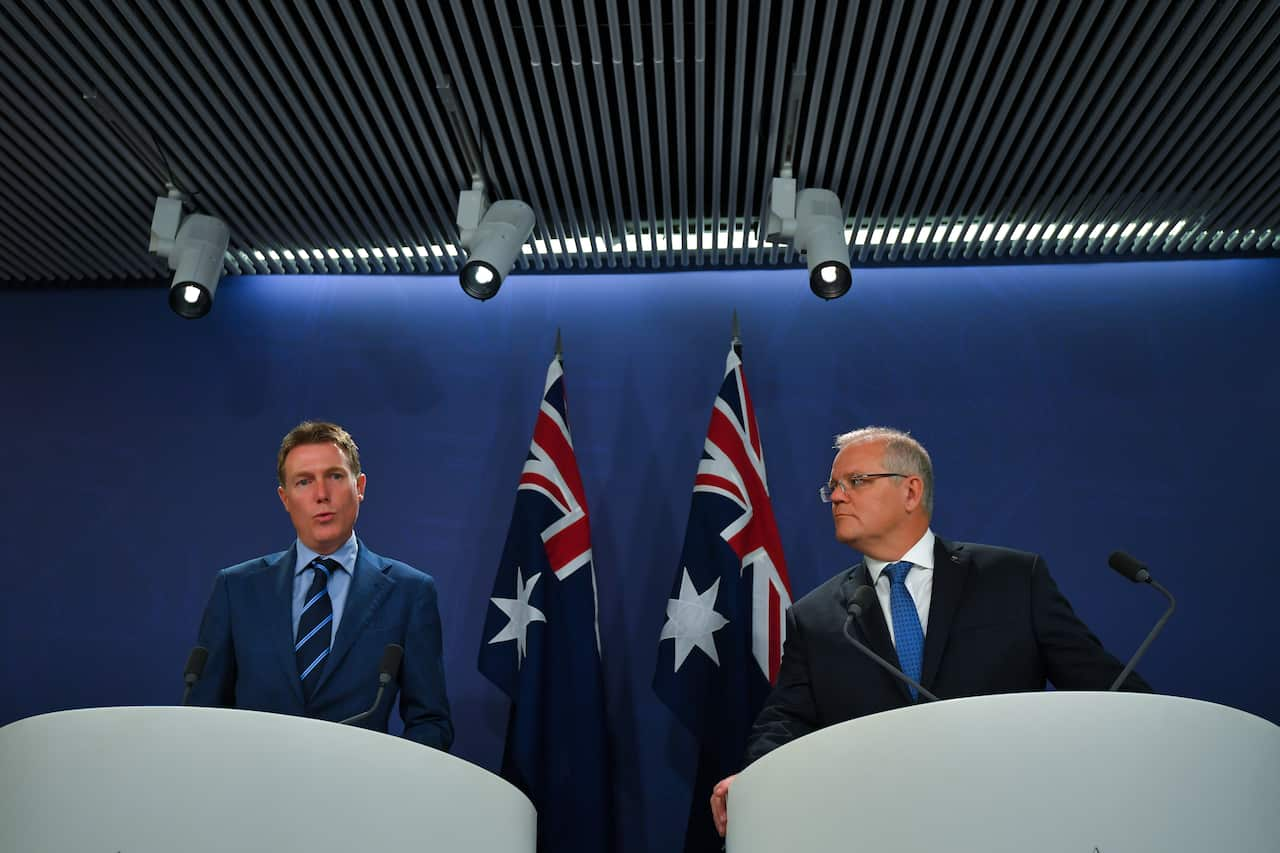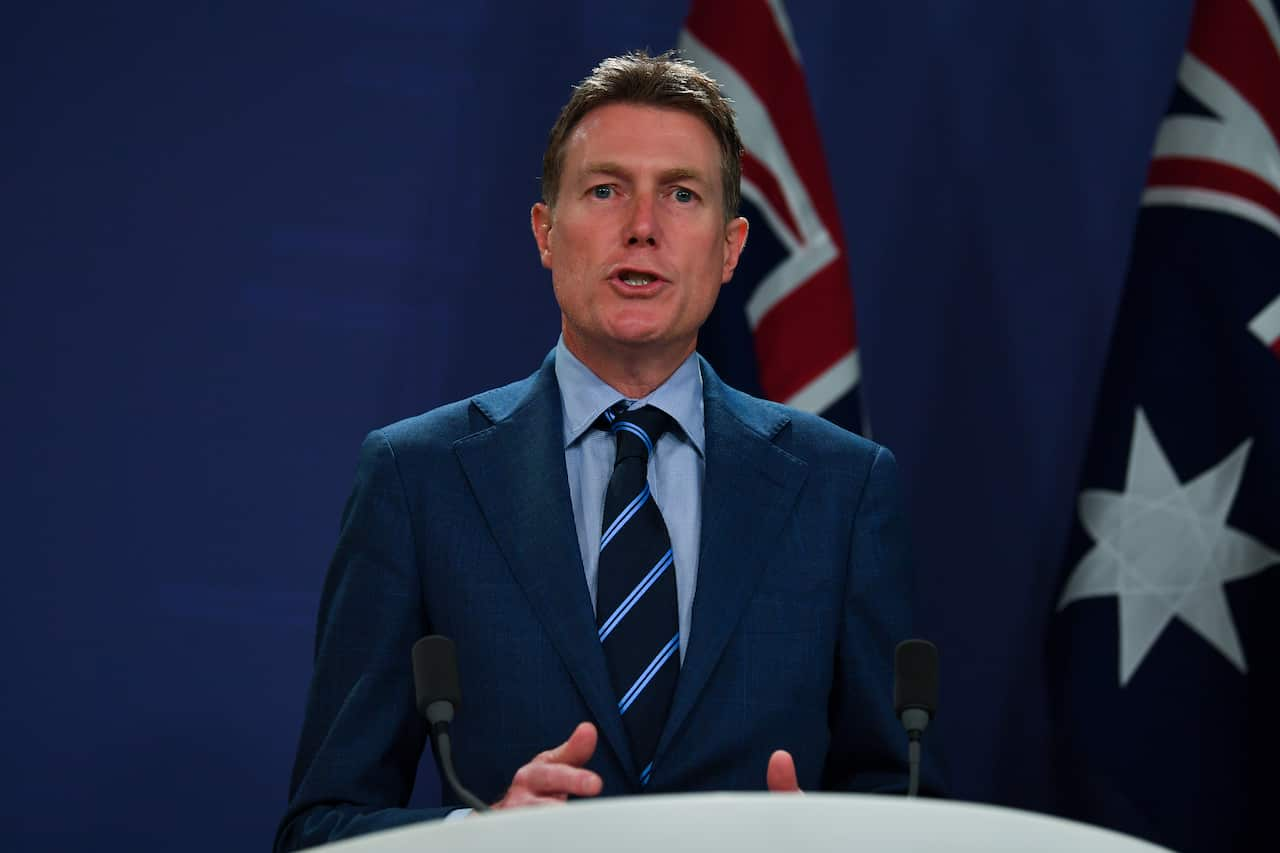Prime Minister Scott Morrison has defended an overhaul of religious freedom laws as part of a “patient” and “inclusive” process aimed at warding against discrimination.
The Morrison government on Tuesday released a second version of their proposed religious freedom laws, which includes stronger protections for faith-based groups and individuals.
It is attempting to delicately balance the concerns of religious and non-religious groups through the faith protections, initially promised to go to Parliament before the end of the year.

The revised version includes 11 major changes after the first draft was being met with criticism by religious and non-religious stakeholders.
But Mr Morrison said he believes the debate over enshrining religious protections has remained civil.
“I gave a commitment that we would ensure that people would not be discriminated against in this country, as a basis of their religious beliefs or non-religious beliefs,” he said.
“There were lots of suggestions that this would be a divisive debate and I don’t believe it has been and I don’t believe it needs to be.”
The draft legislation has been updated to ensure charities such as St Vincent de Paul Society, and religious hospitals and nursing homes can hire staff based on their faith.
Provisions around "conscientious objection" have also been narrowed so that a limited list of health professions would be covered by the protection.
The draft bill also makes clear "conscientious objection" cannot be used as an excuse to discriminate against individuals based on their gender.

The Morrison government's logic for the laws is that there are already similar protections in place on the basis of race, sex, age and disability and therefore religious beliefs should also be guarded.
The first draft of the religious protection laws has been revised over varying points of contention from religious and non-religious groups.
Attorney-General Christian Porter said the changes came after consultation from “all sides of this debate”.
“There are changes that have been suggested by human rights and LGBTI groups,” he said.
“There are changes that have been suggested by faith groups.”
The revisions include making it clear the religious bodies are able to make staffing and other decisions based upon faith, as they do under existing federal law.
Previously religious charities were not considered "religious bodies" if they were primarily engaged in commercial activities.
Now groups such as St Vincent de Paul Society will be considered as registered "religious bodies" unless they are solely or primarily engage in commercial activity.
.
Amendments have also been made to the Bill to clarify the application of certain provisions.
For example, the term "vilify" has been defined as incitement of hatred or violence.
Another clause makes clear that all human rights have equal status under international law, consistent with the recommendation of the Religious Freedom Review.
Mr Morrison said he was determined to strike the right balance.
“What people believe in this country or don’t believe, when it comes to the big questions of life, which is really what religious and faith is all about, is such a personal matter,” he said.
“It is a multicultural society - the diverse nature of the beliefs that we hold as Australia is a key part of who we are as a country.”
Submissions on the draft legislation close on January 31.
With additional reporting from AAP

